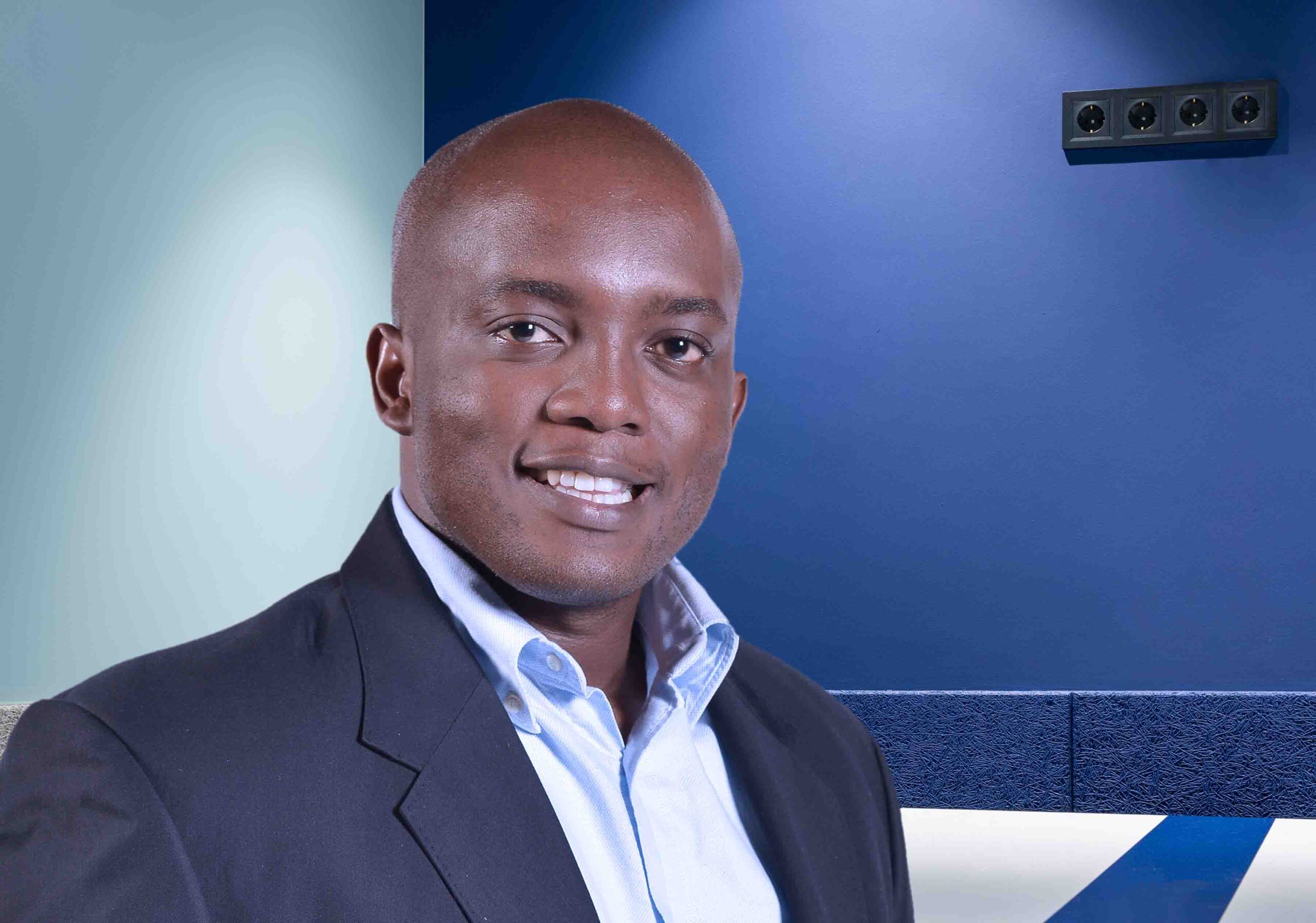The Multichoice Group have grown to service much of the African continent with one of the world’s most comprehensive bouquets of live and recorded sport to complement their exceptional news and entertainment offerings… but like any well-led company, they’re continually upping their game to meet the needs of their customers.
When it comes to business success stories in South Africa, they don’t come much bigger (or better) than MultiChoice. Borne out of the South African-based M-Net terrestrial pay television station which first breathed international quality into South African homes in the mid-1980s, the MultiChoice Group was recently defined as one of the fastest growing pay-TV operators globally, with a subscriber base of over 21 million across sub-Saharan Africa.
But despite multiple decades of successfully anticipating what their clients want–and giving it to them–the company recently had to suck up considerable social media flack for closing the tap on the multiple use of their groundbreaking content app. When they created the streaming content app they allowed households to have multiple viewers accessing content at the same time, with streaming on mobile devices anywhere you have coverage. Groundbreaking and game-changing, it also proved impossible to police.
“What it really came down to was that we had a big piracy problem, which obviously means that you’ve got a revenue leak,” said Nyiko Shiburi, CEO of MultiChoice SA. “We had to change our terms of use to single streaming usage on the app, as password sharing was a real problem. Our colleagues at Netflix have also had a big challenge around people sharing passwords.”
Subscribers started “lending” their log-ins to friends and families, so where previously two separate households would each have to have their own subscription, it has created a situation whereby only one household needed to pay for a DStv subscription, as the other household could watch all of the DStv content they wanted for free, thanks to the app.
“We’ve been forced to introduce single-streaming, where each DStv account can only use one content stream at a time, compared to previously where up to three users could all be streaming DStv content. The public were really upset, but they didn’t realise that if we don’t generate sufficient revenue then we can’t pay the licence and broadcasting costs to provide them with all of this content, along with our support services and development of new technologies and offerings,” said Shiburi, adding that they hope to find a solution soon to allow subscribing households to have multiple views through the app.
“We pride ourselves on being Africa’s number one, most loved storyteller, so our ability to create local content is not just crucial for us, it is key for the growth of our relationship with our customers… and that’s something that we’re really proud of and that’s a big differentiator between us and the global satellite players,” said Shiburi with pride.
“We’re also transforming into a diversified platform business that focuses on technology, and we’re going big into content aggregation to give customers a seamless experience by providing a single platform for you to get access to everything,” said Shiburi. Their offering is perfectly timed as there is a global shift towards studios coming up with their own apps and going directly to the consumer, although this creates more problems for customers to make sense of all the different content providers and to pay for all the individual bills.
“From a business perspective we hope to get to a point where we have mastered understanding the customer’s needs and being able to serve them properly using technology,” added Shiburi.
Another way the Group has employed technology for the benefit of clients is through an online helper, T.U.M.I., which interacts with customers in an online, text-based conversation. T.U.M.I. was developed entirely in-house by the MultiChoice team and “it’s very, very clever and quite advanced, because it continuously learns how certain queries have been solved by our customer care team,” said Shiburi. T.U.M.I. is also able to figure out the quickest way to solve any customer query, with the app recording exceptionally high success rates in resolving customer queries and problems.
A further highlight has been the launch of DSTV Internet, a distributed internet product, which packages a decoder with a fibre or Wi-Fi connection, specifically geared to viewers who have low-quality Wi-Fi or no internet connectivity.
“By launching a distributed internet product and simplifying the billing for them it has enabled us to provide them with exceptional value, not just by offering a competitive price, but also making things a lot simpler,” added Shiburi.
MultiChoice have also started streaming DC Universe content (“watch this space for even more exciting developments!” promises Shiburi) but, from a technology perspective, the company is showing its true entrepreneurial spirit with the imminent release of a home security product that will effectively “Uberize” your security company and healthcare emergency services, but without having to sign up with any specific company.
“The service will simply utilise the services of the closest vehicles, which actually offers cost-savings and value-adds across all providers,” said Shiburi. “This is part of our greater mission of striving to put the customer at the core of everything that we do and to simplify their lives through technology.”
MultiChoice are also playing its part in South Africa’s growth by pouring some of its profits into relevant CSI initiatives, including supporting small businesses through the MultiChoice Innovation Fund. A level 1 B-BBEE company, MultiChoice believes in broad-based empowerment that makes a real impact in the lives of our communities to benefit as many South Africans as possible. Close to the company’s heart is the MultiChoice Talent Factory, a 12-month, world-class television and film production skills training programme for aspiring filmmakers.
“The MultiChoice Talent Factory was established in 2014 and has been instrumental in helping transform the South African film and TV industry by upskilling students and empowering them with substantial knowledge and experience,” said Shiburi.
They are also investing heavily into the production of local movies and shows in South Africa as well as Sub-Saharan Africa, which has earned the company a much-prized ‘label’.
The DStv Diski Challenge makes it possible for young players to break into the Premier Soccer League (PSL), while the national DStv Schools Netball Challenge gives future stars a chance to be noticed by sporting scouts. SuperSport Let’s Play initiatives have helped more than 1.5-million children to improve their overall wellness through social and physical stimulation over the past 15 years.
“The SuperSport Industry Leaders Programme (in partnership with the Gordon Institute of Business Science and the University of San Francisco) aims to create world-class African sports leaders, while the PSL Player Transition Programme helps professional soccer players to transition into a role in sports and business after they have retired,” added Shiburi.
Away from work, Shiburi relaxes by reading extensively, as well as playing PlayStation. While this might seem an unusual combination for a CEO, he explains that PlayStation does the trick for him as it forces him to fully engage and, therefore, completely switch off.
“If you’re playing a competitive game, you don’t have the luxury of thinking about the game as well as thinking about any work problems or stresses, and that really helps me to switch off,” said Shiburi, whose leadership skills have been complemented by some key advice he was given many years ago, which was “to know what you want, as this will help you to know what to agree to, and what not to agree to. After all, it’s important to have a clear plan in your head of where you want to go and what you want to achieve… otherwise how do you get there?
“The second piece of advice I can share would be to take charge of your career–realise that career ownership is your responsibility, so don’t outsource it to other people,” added Shiburi. “Make it a priority to take your own decisions on what you invest in and what you don’t invest in, both personally and professionally. And the third thing I can think of is just having a deep knowledge of yourself, of what you like, who you are and what makes you tick. That makes a big, big, big difference for your career.”



